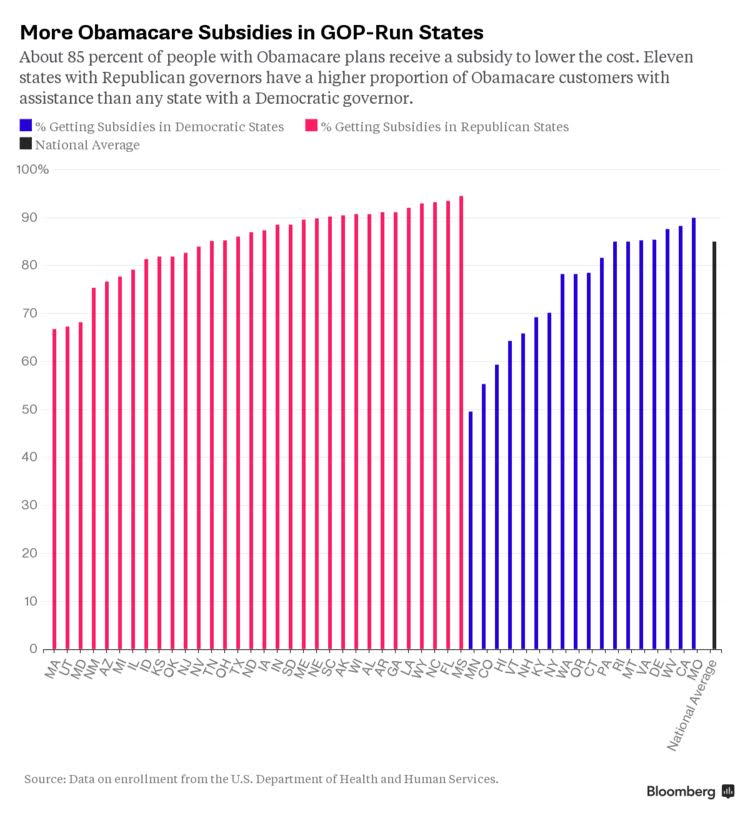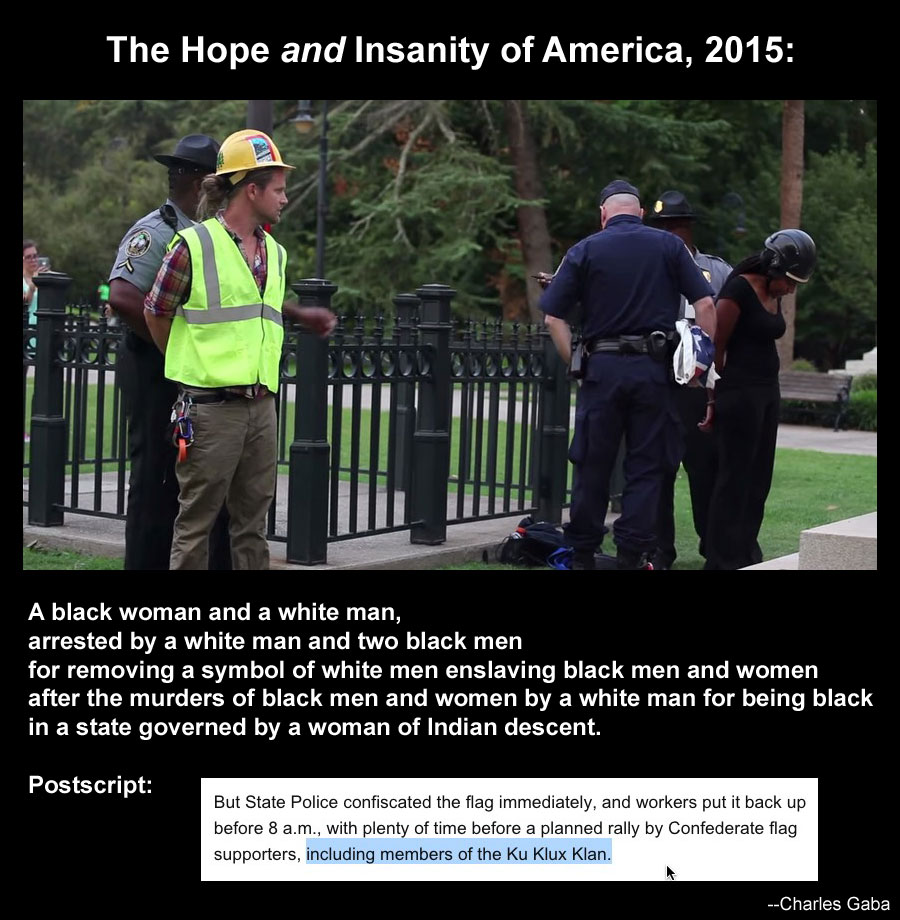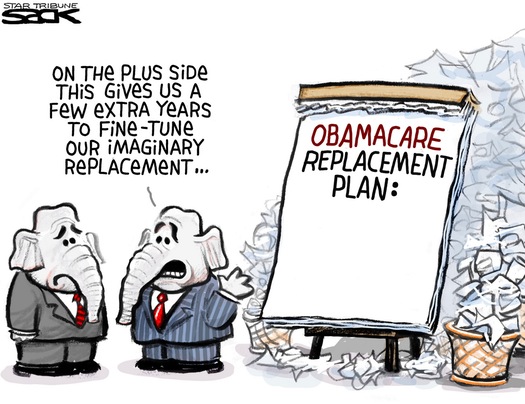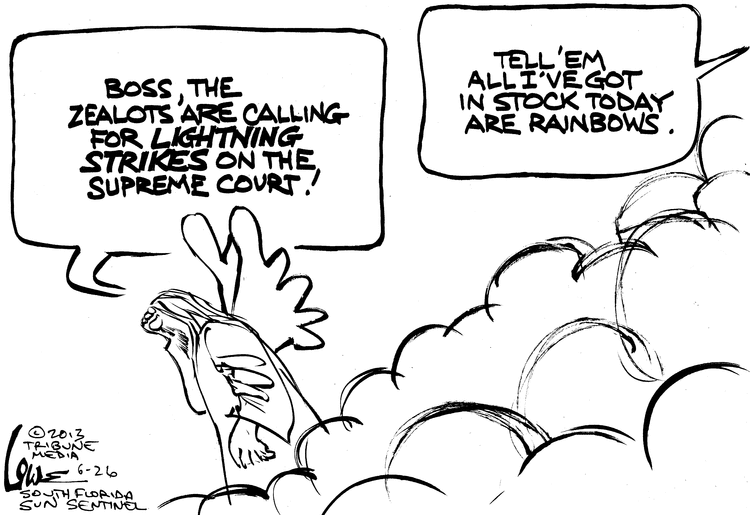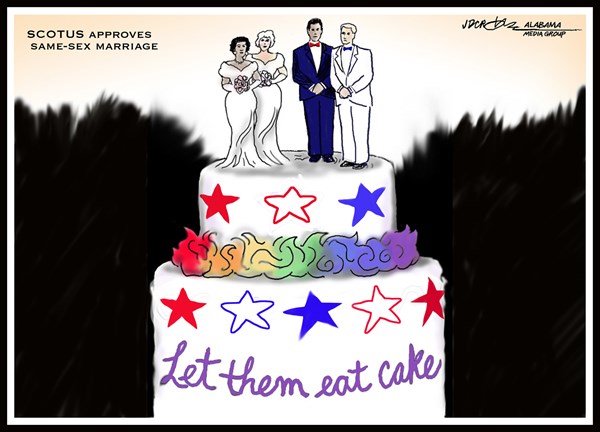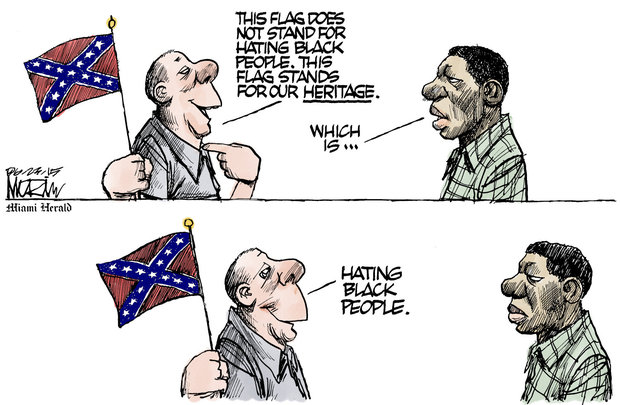Donald Trump was the fifth candidate in our history to win sufficient votes in the Electoral College (EC) to become president after losing the popular vote. Now, Republicans are making an effort at the state level to change how electoral votes are apportioned to presidential candidates, from winner take all, to being allocated to the winner of each congressional district.
Republicans call this a modest tweak to the EC process. But it will make gerrymandering of congressional districts even more important to electing the president than it is to electing Members of Congress today.
How today’s system works:
In 48 states, (all except Maine and Nebraska) the presidential candidate who wins the popular vote in their state receives all of that state’s electoral votes. A state’s number of electors equals its number of US Representatives and Senators.
Although ballots list the names of the presidential candidates, when voters within the 50 states and Washington, DC vote for President and Vice President, they’re actually choosing electors proposed by the Parties in their state. These presidential electors then cast electoral votes for those two offices, so the EC elects the President or Vice President, not the popular vote.
Despite what you might think, the Constitution reserves the power to appoint electors to the states. Here is Article 2, Section 1; Clause 2:
Each state shall appoint, in such manner as the Legislature thereof may direct, a number of electors, equal to the whole number of Senators and Representatives to which the State may be entitled in the Congress: but no Senator or Representative, or person holding an office of trust or profit under the United States, shall be appointed an elector.
So it is clear that each state has the exclusive right to determine how their state electors are selected.
The proposed Republican “tweak”:
The Republican tweak apportions electoral votes to the presidential candidate who wins the vote in each congressional district. The two remaining electors would go to whomever wins the statewide vote. States considering moving to allocating electoral votes to the candidate winning in each congressional district include Minnesota, Ohio, Pennsylvania and Virginia – all have legislatures controlled by Republicans. Two, Virginia and Minnesota, currently have Democratic governors, so at this point, they could veto the proposed legislation.
After the 2010 census, 55% of all congressional districts were redrawn to favor Republicans, while just 10% were redrawn to benefit Democrats. In 2016, Trump carried 230 districts to just 205 for Hillary Clinton, even though Clinton won nearly 3 million more votes nationally. So if every state awarded electoral votes by congressional district, Trump would have still prevailed. And guess what? Mitt Romney would also have won in 2012, and George W. Bush would have won in 2000.
The tweak takes voting power away from cities and puts more in suburban and rural areas, making it more likely that a candidate with fewer votes over all could routinely win a larger share of electoral votes. And thanks in part to recent poor performance by Democrats, 32 States now have Republican-controlled legislatures.
Should we be talking about this at all? Debating whether to pass bills to reduce the value of an urban vote to a fraction of the value of other voters?
Sounds like a Republican paradise.
An advantage of the EC is that it tends to improve the winner’s margin of victory and thus the presidential mandate at the beginning of his/her term in office. Also, it ensures that candidates actually campaign in more states, rather than in fewer. Would anyone campaign in NH when they could garner many times more popular votes in a couple of counties in California? They do it today because NH’s four electoral votes can make a difference.
The president doesn’t represent congressional districts. The president represents all the people, which is why the ONLY reasonable reform to the EC is a nationwide popular vote.
The fact remains that Republicans have the ability to make this happen. Allowing statehouses to decide presidential elections will have undemocratic consequences. Keeping politicians from making the Electoral College subject to gerrymander is crucial.
To help us pause and reflect on this threat, here is Leonard Cohen with “Democracy” from his 1992 album, “The Future”, here performed in 2008 live in London:
Cohen said this about the song:
It’s a song of deep intimacy and affirmation of the experiment of democracy in this country. That this is really where the experiment is unfolding. This is really where the races confront one another, where the classes, where the genders, where even the sexual orientations confront one another. This is the real laboratory of democracy.
Let’s hope the experiment doesn’t fail.
Those who read the Wrongologist in email can view the video here.
Sample lyrics:
I’m sentimental, if you know what I mean
I love the country but I can’t stand the scene.
And I’m neither left or right
I’m just staying home tonight,
getting lost in that hopeless little screen.
But I’m stubborn as those garbage bags
that Time cannot decay,
I’m junk but I’m still holding up
this little wild bouquet:
Democracy is coming to the U.S.A.



